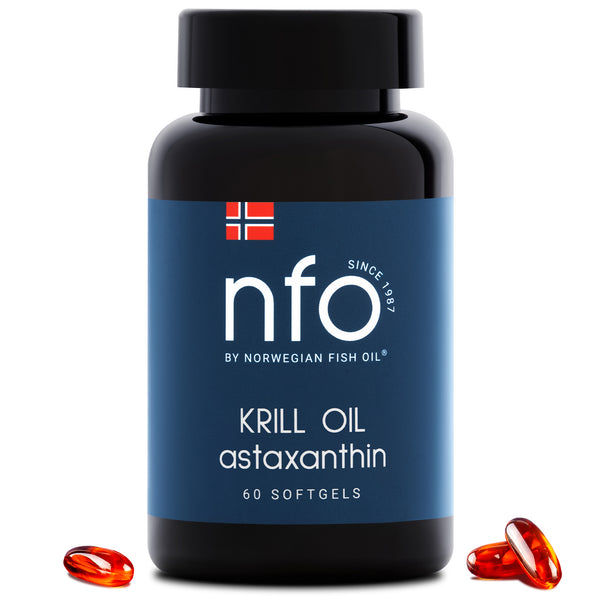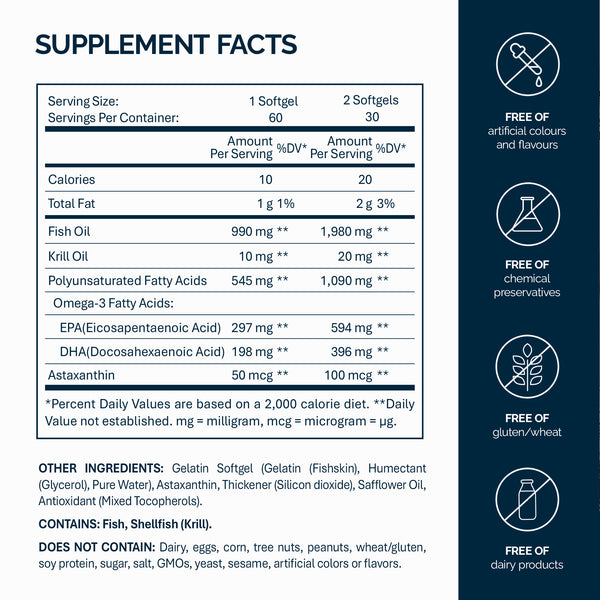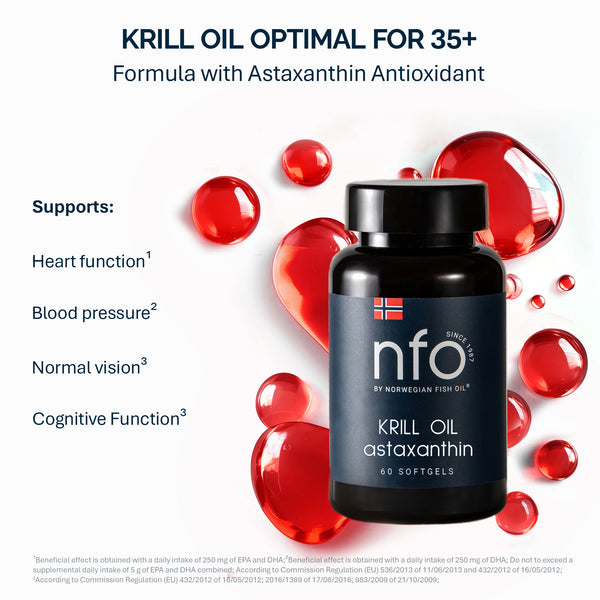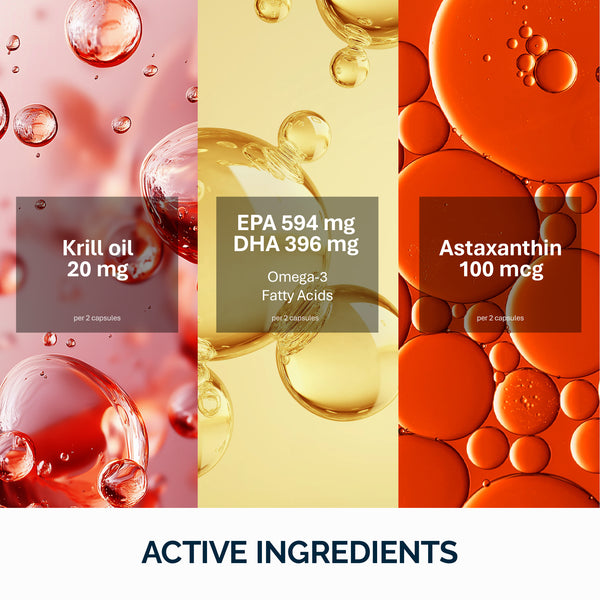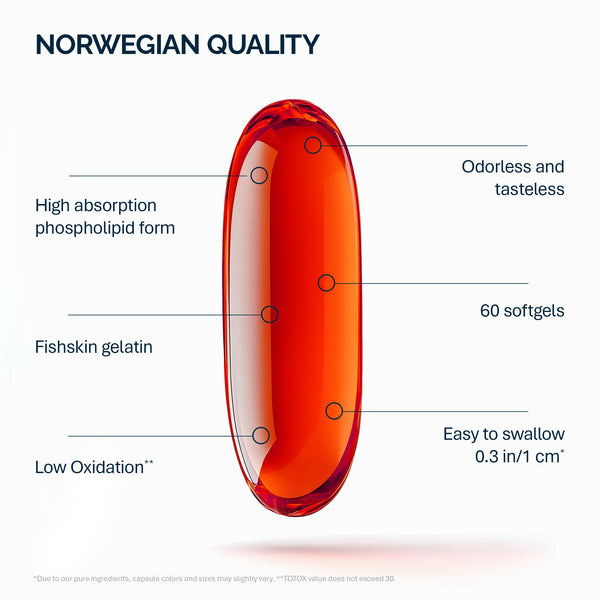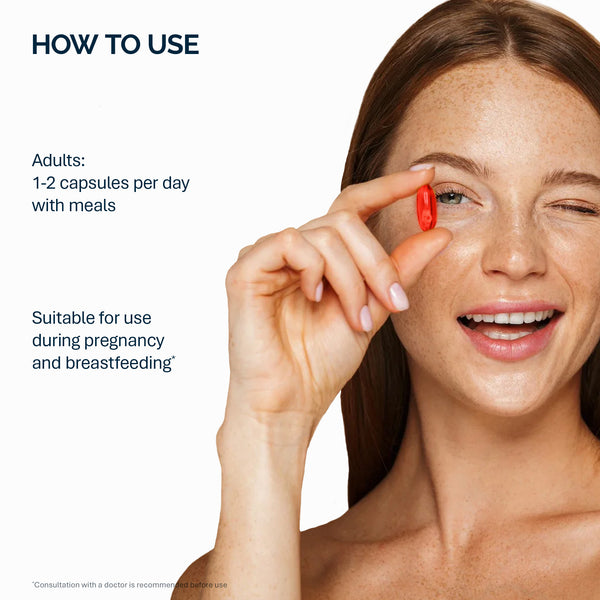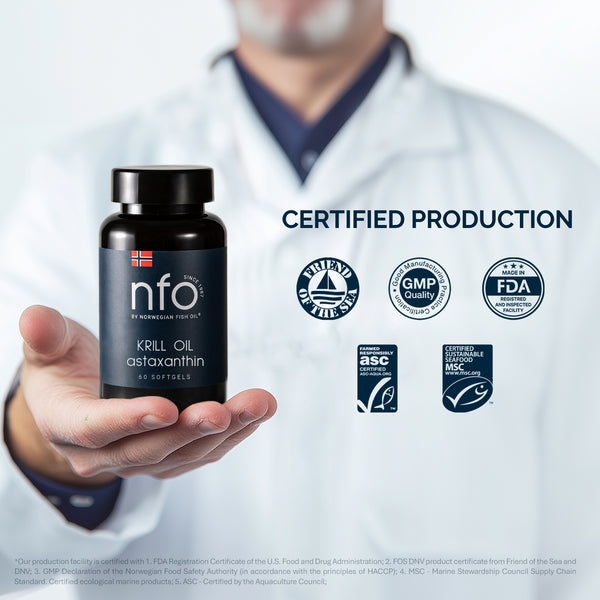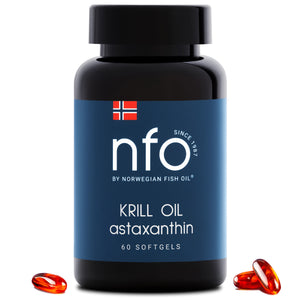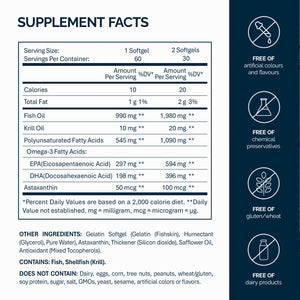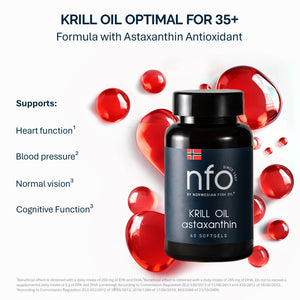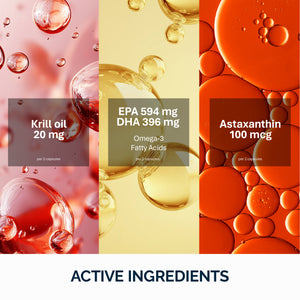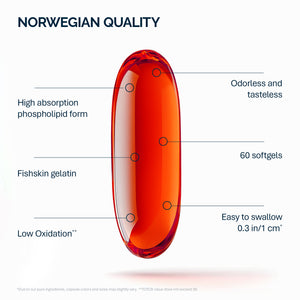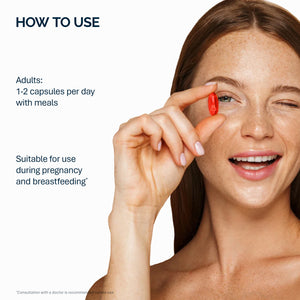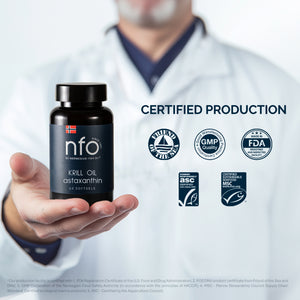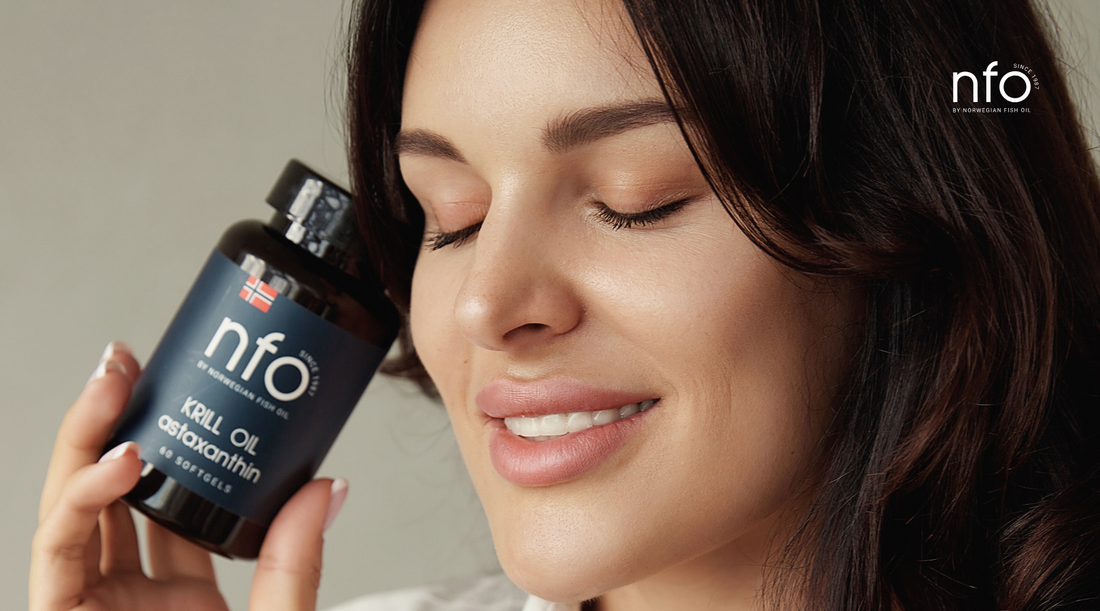
Omega-3 fatty acids are essential nutrients widely recognized for their role in supporting overall health. In recent years, researchers have increasingly focused on their potential benefits for skin and hair. These benefits, supported by various studies, offer promising insights into how omega-3s can enhance appearance and well-being.
What Are Omega-3 Fatty Acids?
Omega-3 fatty acids are polyunsaturated fats primarily found in fish, seeds, and certain plant oils. They include alpha-linolenic acid (ALA), eicosapentaenoic acid (EPA), and docosahexaenoic acid (DHA). While ALA is plant-derived, EPA and DHA are abundant in fatty fish and are highly bioavailable (NCCIH, n.d.).
Omega-3s and Skin Health
Omega-3s play a significant role in maintaining healthy skin by reducing inflammation, supporting hydration, and enhancing skin barrier function. Research indicates that omega-3 fatty acids can alleviate skin disorders such as acne, eczema, and psoriasis (Gogus & Smith, 2010).
Anti-Inflammatory Properties
Inflammation is a key contributor to many skin conditions. EPA, a type of omega-3, has shown potent anti-inflammatory effects, which may reduce the severity of acne lesions and other inflammatory skin conditions (Calder, 2006).
Enhanced Hydration
Omega-3s contribute to skin hydration by supporting the lipid barrier. This barrier helps retain moisture and prevents dryness, especially in conditions like atopic dermatitis (Kim et al., 2010).
Protection Against UV Damage
Exposure to UV rays can accelerate skin aging and increase cancer risk. Studies suggest that omega-3s may protect against UV-induced damage, potentially reducing the formation of harmful free radicals (Rhodes et al., 2013).
Omega-3s and Hair Health
The benefits of omega-3s extend to hair health as well. These nutrients nourish hair follicles, reduce inflammation around hair roots, and may promote growth and shine.
Reduction in Hair Loss
Omega-3 fatty acids may combat hair loss by improving scalp health and reducing follicle inflammation. A study demonstrated that supplementation with omega-3s and omega-6s improved hair density and reduced hair loss (Le Floc'h et al., 2015).
Strengthening Hair Structure
Omega-3s contribute to hair strength and elasticity, making strands less prone to breakage. They are also known to provide essential nutrients for healthy hair growth (Hordinsky & Ericson, 2014).
Combatting Dry Scalp
Omega-3s support sebum production, which moisturizes the scalp and prevents flakiness. This effect is particularly beneficial for those with dry scalp conditions (Baran et al., 2012).
How to Incorporate Omega-3s
To enjoy the skin and hair benefits of omega-3s, incorporate foods rich in these fatty acids, such as fatty fish (salmon, mackerel, sardines), flaxseeds, walnuts, and chia seeds. Alternatively, fish oil or algal oil supplements can provide a convenient source of DHA and EPA.
Safety and Considerations
Although omega-3s are generally safe, excessive intake can lead to side effects, such as blood thinning or gastrointestinal discomfort. Always consult a healthcare provider before starting new supplements, especially if you are pregnant or have underlying health conditions (NCCIH, n.d.).
Conclusion
Omega-3 fatty acids offer significant benefits for skin and hair health. From reducing inflammation and dryness to promoting hair growth and strength, these nutrients serve as a natural solution for enhancing beauty from within. A balanced diet rich in omega-3s, combined with healthy lifestyle practices, can help you achieve glowing skin and vibrant hair.
References
- Baran, R., Dawber, R.P.R., de Berker, D., et al. (2012). Hair and Scalp Diseases: Medical, Surgical, and Cosmetic Treatments. CRC Press.
- Calder, P.C. (2006). Polyunsaturated fatty acids and inflammation. Prostaglandins, Leukotrienes and Essential Fatty Acids, 75(3), pp.197-202. doi:10.1016/j.plefa.2006.05.012.
- Gogus, U., & Smith, C. (2010). n−3 Omega fatty acids: a review of current knowledge. International Journal of Food Science & Technology, 45(3), pp.417-436. doi:10.1111/j.1365-2621.2009.02151.x.
- Hordinsky, M., & Ericson, M. (2014). Hair loss and its management. BMJ, 349, g6669. doi:10.1136/bmj.g6669.
- Kim, J.Y., Park, Y.H., Park, J., et al. (2010). Omega-3 fatty acids for the treatment of inflammatory skin diseases. Annals of Dermatology, 22(2), pp.151-158. doi:10.5021/ad.2010.22.2.151.
- Le Floc'h, C., Cheniti, A., N'Guyen, T., et al. (2015). Efficacy of a nutritional supplement containing omega 3 and 6 fatty acids and antioxidants for the treatment of hair loss. Journal of Cosmetic Dermatology, 14(2), pp.76-82. doi:10.1111/jocd.12148.
- NCCIH (n.d.). Omega-3 Supplements: In Depth. Retrieved from https://nccih.nih.gov/health/omega3/introduction.htm.
- Rhodes, L.E., Shahbakhti, H., Azurdia, R.M., et al. (2013). Effects of eicosapentaenoic acid on UVR-induced skin damage. Photodermatology, Photoimmunology & Photomedicine, 19(3), pp.150-157. doi:10.1034/j.1600-0781.2003.00025.x.
